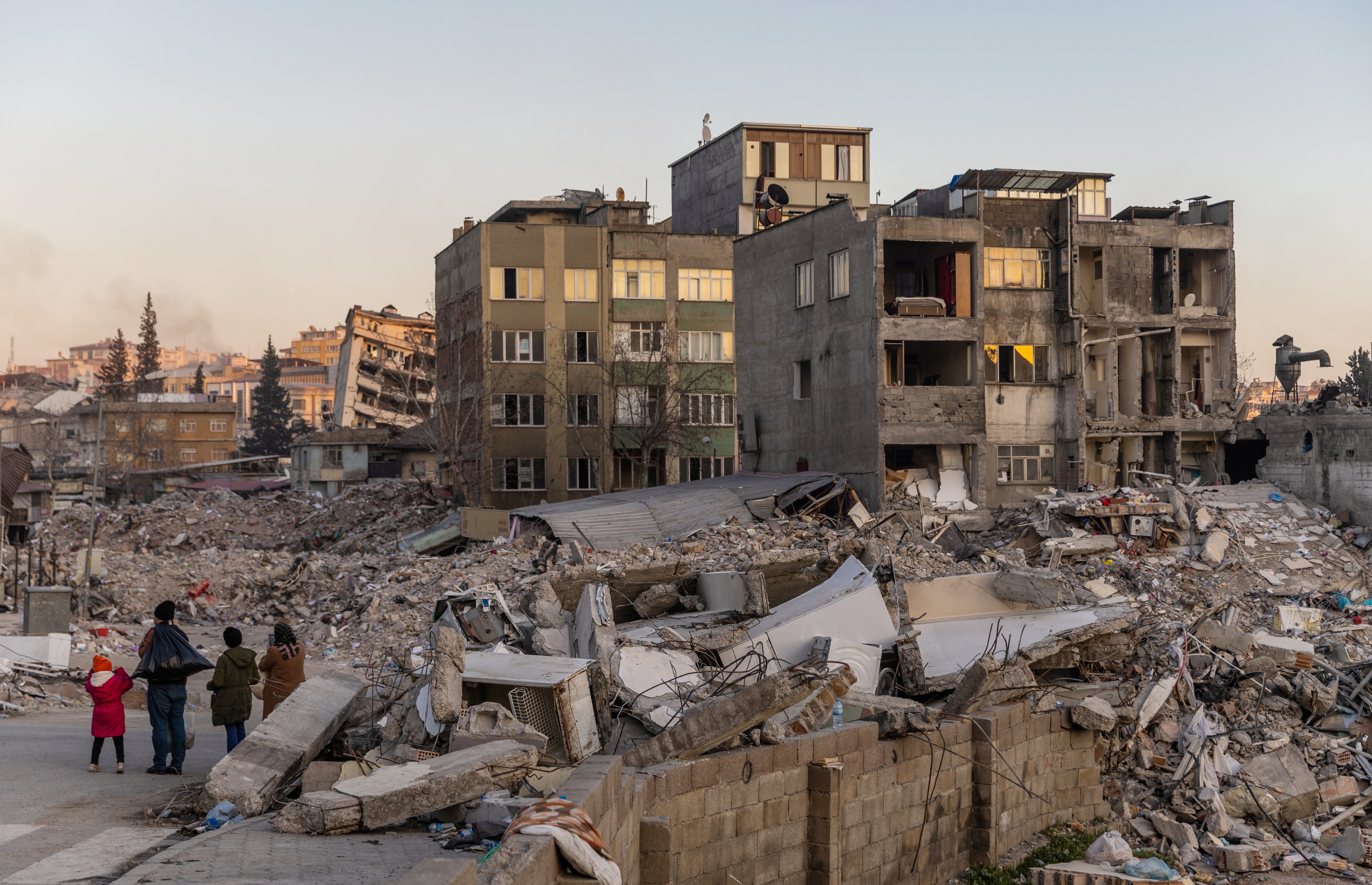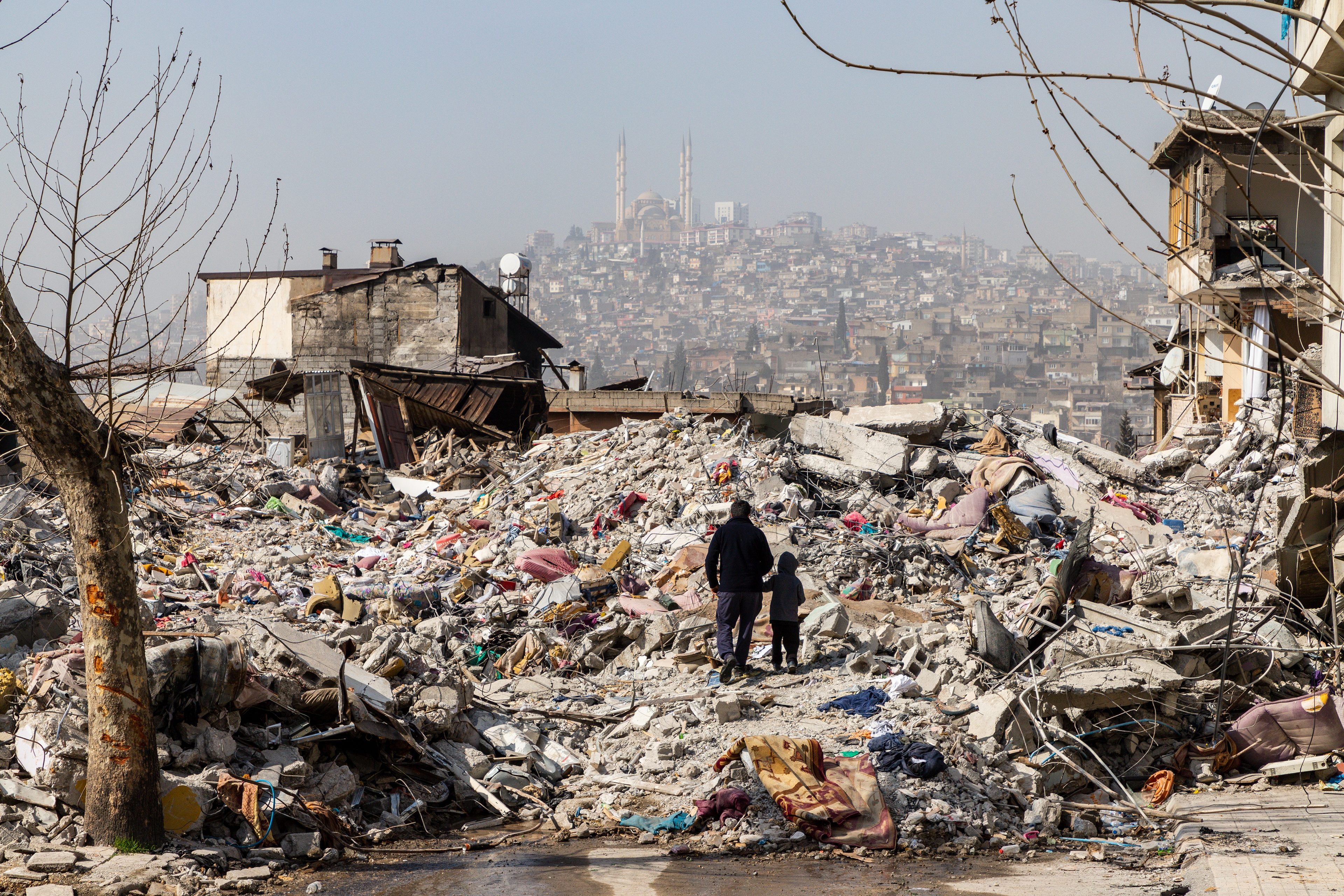
Ahmet F. Aysan
Nonresident Senior Fellow
Bio
Ahmet Aysan is a nonresident senior fellow at the Middle East Council on Global Affairs. He is also a professor at Hamad Bin Khalifa University and the program coordinator of Islamic Finance and Economy programs.
Previously, Aysan has been a member of the Board and the Monetary Policy Committee of the Central Bank of Turkey. He has also consulted for various institutions such as the World Bank, the Central Bank of Turkey, and Oxford Analytica.
Aysan has also served as the deputy director of the Center for Economics and Econometrics at Boğaziçi University, a member of the G-20 Financial Safety Net Experts Group, and the Dean of Management and Administrative Sciences at Istanbul Sehir University, among others. He was also on the advisory board of the Contemporary Turkish Studies program at the London School of Economics and Political Sciences (LSE).
Aysan is on the editorial boards of several international journals and is also a research associate at the University College London’s Centre for Blockchain Technologies. He has won multiple awards for his work, including the Boğaziçi University Foundation Publication Award and the Ibn Khaldun Prize by the Middle East Economic Association. Aysan has also been listed among the top influencers in Islamic banking and finance.
Aysan has published in several academic journals including the Journal of Corporate Finance, Journal of Comparative Economics, World Development, and Third World Quarterly.
Research Areas
- Central Banking
- Islamic finance
- Fintech
Countries of Focus
- Turkey
- Indonesia
- Middle East and North Africa
Other Areas of Interest
- Banking and Finance
- Macroeconomics
Education
- Ph.D., Economics, University of Maryland College Park, 2005
- M.A., Economics, University of Maryland College Park, 2001
- B.A., Economics, Boğaziçi University, 1999


